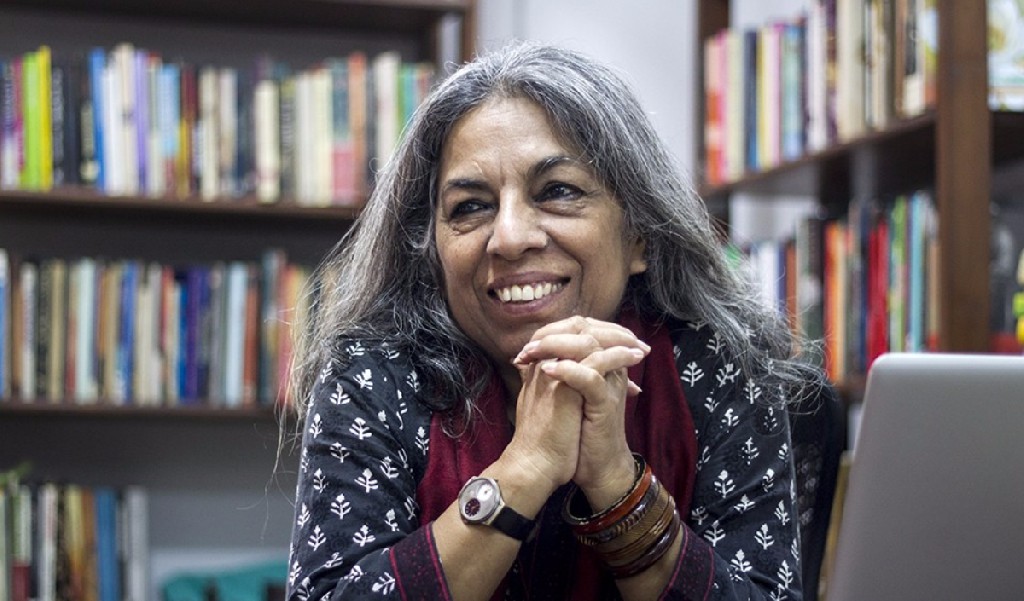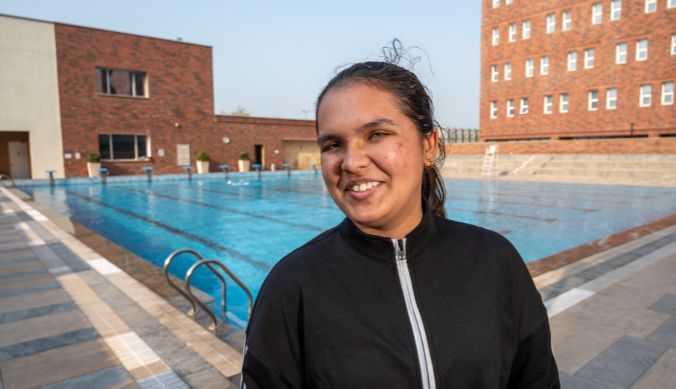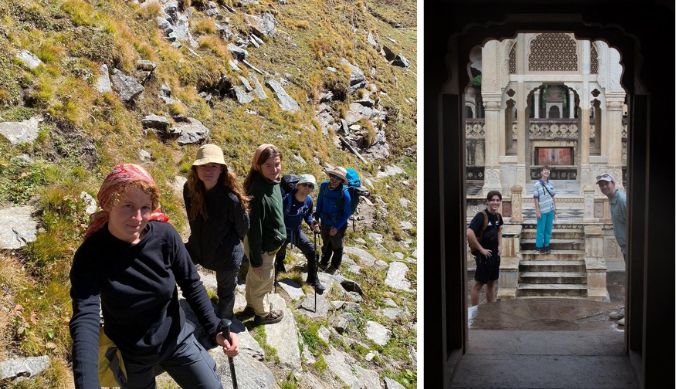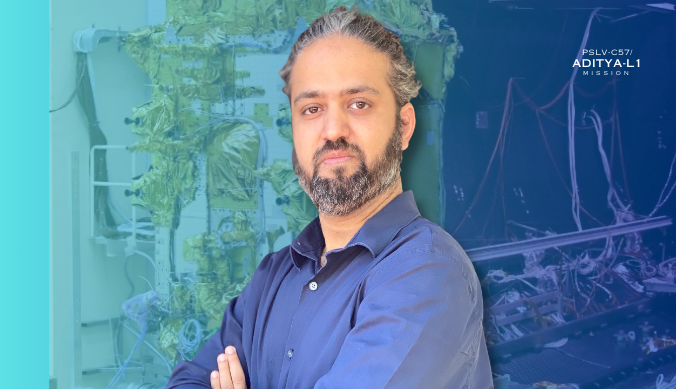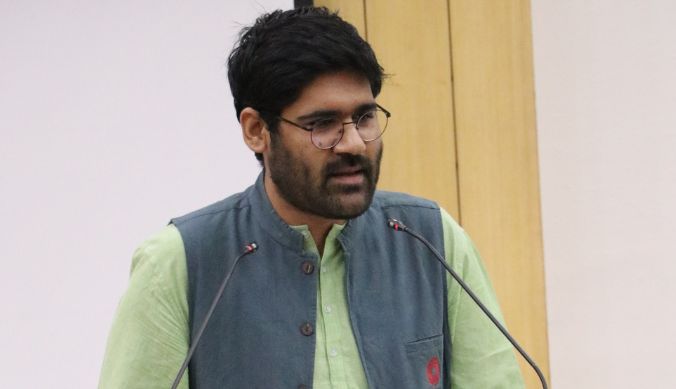Ashoka Faculty Urvashi Butalia receives Goethe Medal
Urvashi Butalia, visiting faculty at Ashoka University, renowned author and publisher, is one of the recipients of the Goethe Medal this year.
July, 2017: Urvashi Butalia, visiting faculty at Ashoka University, renowned author and publisher, is one of the recipients of the Goethe Medal this year. She teaches ‘Women, Society and Changing India,’ a course offered to the students of the Young India Fellowship programme. The Goethe Institute awards the Goethe Medal each year to honour individuals who have displayed exceptional competence of the German language as well as in international cultural exchange. “Teaching a course to young students at Ashoka that focuses on the history of the women’s movement and feminism allows me to bring learnings from the many books we publish, the many women we meet in the course of our work, and my own experience and involvement as an activist, into the discussions,” says Professor Butalia.
In an interview with Scroll, she talks about how the award is important to her given that it comes from the Goethe Institutes, an organisation with which she has worked closely for years and recognises work with women. She adds that despite the fact that we live in the 21st century, it is difficult even now to make women’s voices heard and to ensure that women are seen.
Among her several noteworthy works, she is most recognised for her book on the study of Partition, Other Side of Silence: Voices from the Partition of India, which won the Oral History Book Association Award and the Nikkei Asia Award for Culture. Talking to Scroll about her thoughts on the impact and success of the book, she says, “I think it came at a time when there was very little work that focused on the human histories of Partition, and at a time when universities and schools were open to studying different histories.”
Through her course on ‘Women, Society and Changing India,’ Professor Butalia hopes to highlight the position of women in the history of modern India and their role in shaping the contemporary society. “I love teaching the course because I find students – or at least the YIFs in Ashoka that I teach – are filled with a deep curiosity and a desire to learn. Ideas of equality, respect, dignity for their fellow beings and between men and women, are ideas they want to be able to live by, and they want to know how they can connect their professional lives with their personal lives and in their daily interactions,” she says.

The course focuses on personal histories of trauma, violence and silence from the point of view of the lives of people instead of national politics. “Feminism has long held that the personal is political, and that the divisions that separate them are artificial, and it is this that I find happening in our interactions in class, and for a teacher, when students begin to think of such issues, there is no greater good,” she concludes.





